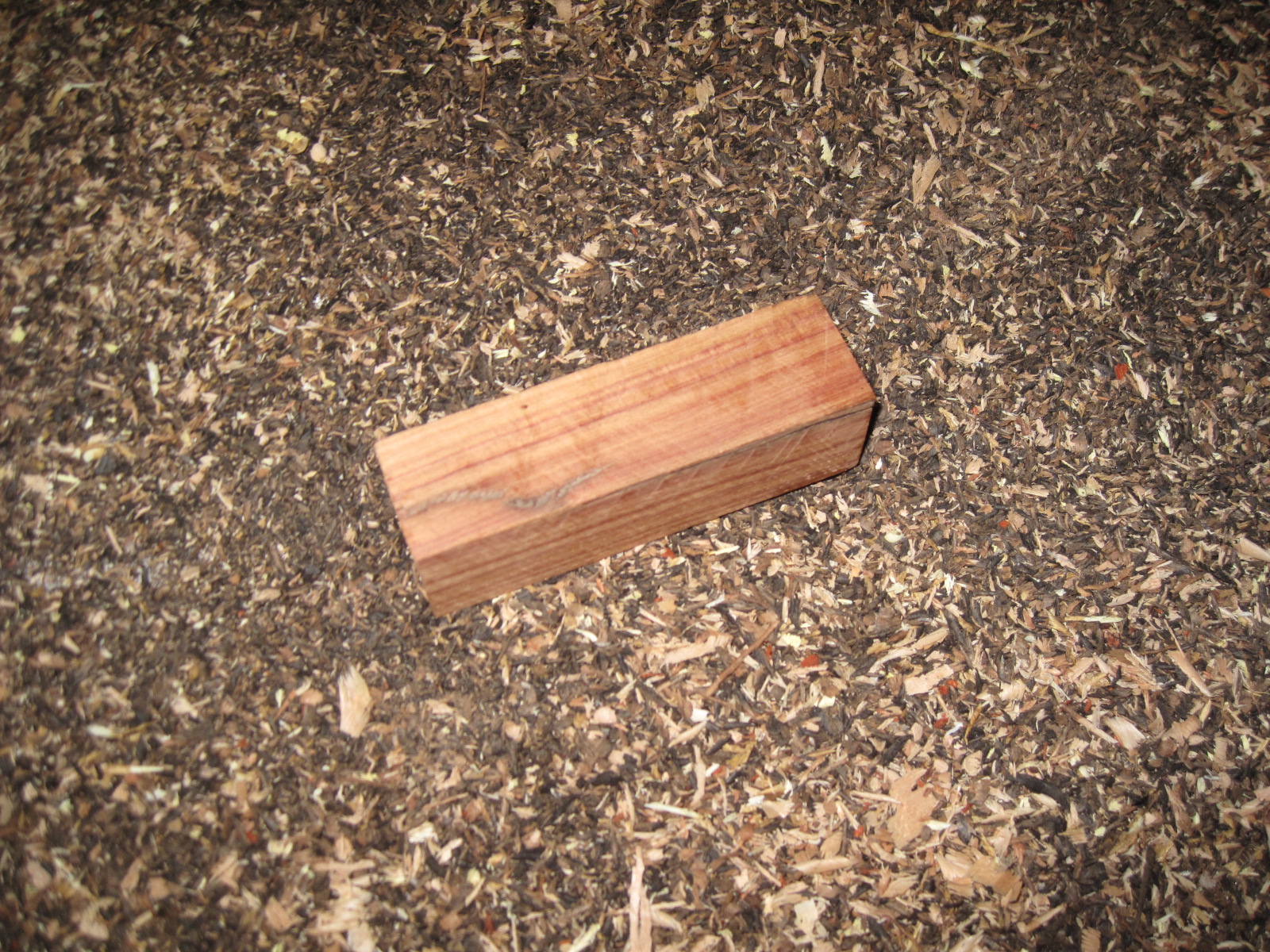"§"
amaranth (W3)
Dt. "Amaranth", engl. "amaranth", "amarant" (1616), frz. "amaranthe", "amarante" (1544) = dt. "endlos", "immerwährend", "unsterblich" geht zurück auf griech. "amárantos" = dt. "unverwelklich", "immerwährend", "ewig" (lat. "amarantus") und setzt sich zusammen aus griech. "a" = dt. "nicht", "un-" und griech. "marainein" = dt. "welken", "verfallen", griech. "maraíno" = dt. "lösche aus", "vernichte". Dazu gesellt sich noch griech. "anthos" = dt. "Blume". So weist man der Amaranth-Blume wohl eine große Blühdauer zu ("unverwelklich"). Später wurde es auch zur Bezeichnung einer purpurroten Farbe verwendet. Im Deutschen findet man auch dt. "amarantrot". So bezeichnet dt. "Amarant" etwa auch dt. "Fuchsschwanz" (mit dunkelroten Blüten).
Als Wurzel wird ide. "mer-" = dt. "sterben" postuliert. In dessen Verwandtschaft findet man auch griech. "marnasthai" = dt. "kämpfen" und engl. "mortal" = dt. "sterblich", "tödlich", engl. "murder" = dt. "Mord", "Ermordung", engl. "mortgage" = dt. "Verpfändung " und natürlich auch dt. "Mord", "Mörder", "Mortalität" auch frz. "mort" = dt. "Tod", "Ruin".
(E2)(L1) http://web.archive.org/web/20120331173214/http://www.1911encyclopedia.org/Amaranth
AMARANTH, or Amarant (from the Gr. a uipavros (???), unwithering), a name chiefly used in poetry, and applied to certain plants which, from not soon fading, typified immortality.
...
(E1)(L1) http://www.babynamewizard.com/baby-name/girl/amarantha
Origin of the name Amarantha:
...
(E?)(L?) http://www.botanical.com/botanical/mgmh/comindxa.html
Amaranths | Amaranth, Wild
(E3)(L1) https://www.davesgarden.com/guides/botanary/vbl/a/
amarantha | amaranthoides | amaranticolor
(E?)(L?) http://www.etymonline.com/index.php?term=amaranth
amaranth (n.)
1610s, from French "amarante", from Latin "amarantus", from Greek "amarantos", name of an unfading flower, literally "everlasting", from "a-" "not" + stem of "marainein" "die away", "waste away", "quench", "extinguish", from PIE "*mer-" "to rub away", "harm" (see nightmare). In classical use, a poet's word for an imaginary flower that never fades. It was applied to a genus of ornamental plants 1550s. Ending influenced by plant names with Greek "-anthos" "flower."
(E?)(L?) http://www.gutenberg.org/files/1021/1021-h/1021-h.htm#2H_4_0030
The Amaranth
...
(E?)(L?) http://www.helpmefind.com/Peonies/plants.php?grp=A&t=2
Peonies: Amaranthina plena
(E?)(L?) http://www.howstuffworks.com/big.htm
- "Globe amaranth" is a tropical flower with clover-like flowers. This annual flower has strawberry fields varieties. Learn about globe amaranth...Globe amaranth is a tropical annual flower with small, cloverlike, papery flowers that continually bloom throughout summer. Annuals Image Gallery...
- Amaranth: Natural Weight-Loss Food - Discover amaranth, a versatile grain with good health benefits, that is extremely high in protein and can be used in a variety of different dishes... for the body to burn fat. For something new, different, and highly nutritious in your diet, try amaranth and have some fun experimenting and discovering your...
(E?)(L?) http://www.oedilf.com/db/Lim.php?Word=amaranth
Limericks on amaranth
(E1)(L1) https://www.dictionary.com/browse/amaranth
(E1)(L1) https://www.dictionary.com/browse/globe amaranth
(E?)(L1) http://www.urbandictionary.com/define.php?term=amaranth
- Amarant
- Amaranta
- amaranth
- Amaranth
- Amaranth Clan
- Amaranthed
(E?)(L?) https://rpo.library.utoronto.ca/poems/song-amarantha-she-would-dishevel-her-hair
Song to Amarantha, that she would Dishevel her Hair
(E?)(L?) http://wisplants.uwsp.edu/scripts/SearchResults.asp?Common=amaranth
(E?)(L?) http://en.wikipedia.org/wiki/Amaranth
"Amaranthus", collectively known as "amaranth", is a cosmopolitan genus of annual or short-lived perennial plants. Catkin-like cymes of densely packed flowers grow in summer or autumn. Approximately 60 species are recognized, with inflorescences and foliage ranging from purple and red to green or gold. Members of this genus share many characteristics and uses with members of the closely related genus Celosia.
Although several species are often considered weeds, people around the world value amaranths as leaf vegetables, cereals, and ornamental plants.
"Amaranth" derives from Greek "amarantos", "unfading", with the Greek word for "flower," "anthos", factoring into the word's development as "amaranth". The more accurate "amarant" is an archaic variant.
...
(E1)(L1) http://www.wordsmith.org/awad/archives/0594
(E1)(L1) http://books.google.com/ngrams/graph?corpus=0&content=amaranth
Abfrage im Google-Corpus mit 15Mio. eingescannter Bücher von 1500 bis heute.
Engl. "amaranth" taucht in der Literatur um das Jahr 1660 auf.
Erstellt: 2013-05


